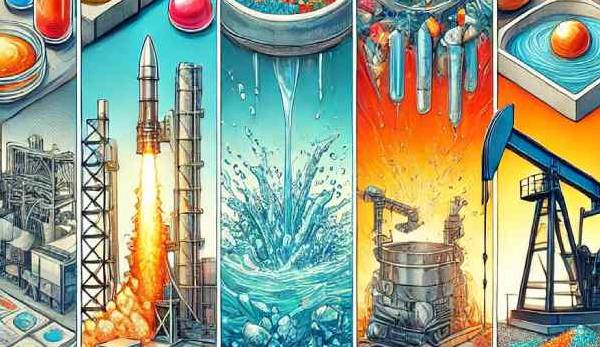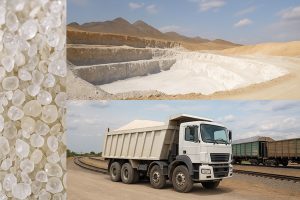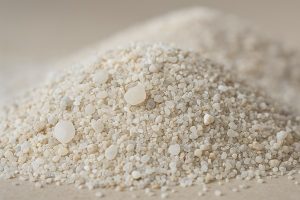Introduction: Silica is one of the most common and widely used minerals in the world, used in various industries. The physical and chemical properties of silica stone, including its hardness, make it suitable for use in many industrial processes. This article discusses the use of silica stone, the importance of hardness in stones, and the factors affecting its hardness.
Introduction to the use of silica stone
Silica stone is used in many industries due to its special properties. One of its most important applications is in the glassmaking industry. Silica is used as the main material in the production of glass and ceramics. It is also used in the casting, concrete making, and industrial mold making industries. Silica is known as a material resistant to harsh conditions due to its high resistance to abrasion and heat.
Importance of hardness in rocks
The hardness of rocks is one of the key characteristics that has a great impact on their use. The hardness of silica is usually measured using the Mohs scale, which ranges from 1 (softest) to 10 (hardest). Silica with a hardness of 7 is considered a hard material. This feature makes silica highly resistant to abrasion and chipping. The importance of hardness in rocks is because different materials can be selected for specific applications based on it. High-hardness silica is very suitable for various industries such as glassmaking and casting that require high resistance.
Factors affecting the hardness of silica
The hardness of silica is affected by several factors. Among the most important factors affecting the hardness of silica stone are its chemical composition and crystal structure. Silica is mainly composed of silicates, whose crystal structure makes it harder than other minerals. Factors such as the amount of impurities in the stone, the method of extraction and processing, and the temperature and pressure during production processes also affect the hardness of the stone.
Application of high hardness in various industries
- Glass industry: High-hardness silica stone is used in the manufacture of glass and ceramics, because its resistance to high temperature and pressure is of particular importance.
- Foundry industry: High-hardness silica is used in the production of casting molds, because its resistance to heat and erosion is of great importance.
- Concrete industry: Silica is used as an additive in the production of resistant concrete. Its high hardness makes concrete containing silica more durable and strong.
- Drilling Industry: In the oil and gas industry, high-hardness silica is used to make drilling bits and other equipment.
Conclusion:
The hardness of silica is one of its essential characteristics that directly affects its various applications in various industries. The high hardness of silica makes it a suitable material for the glass, casting, concrete, and drilling industries. Also, factors such as chemical composition, crystal structure, and production processes affect the hardness of this stone. For this reason, choosing silica with the appropriate hardness for each industry can improve the quality and durability of the final products.







